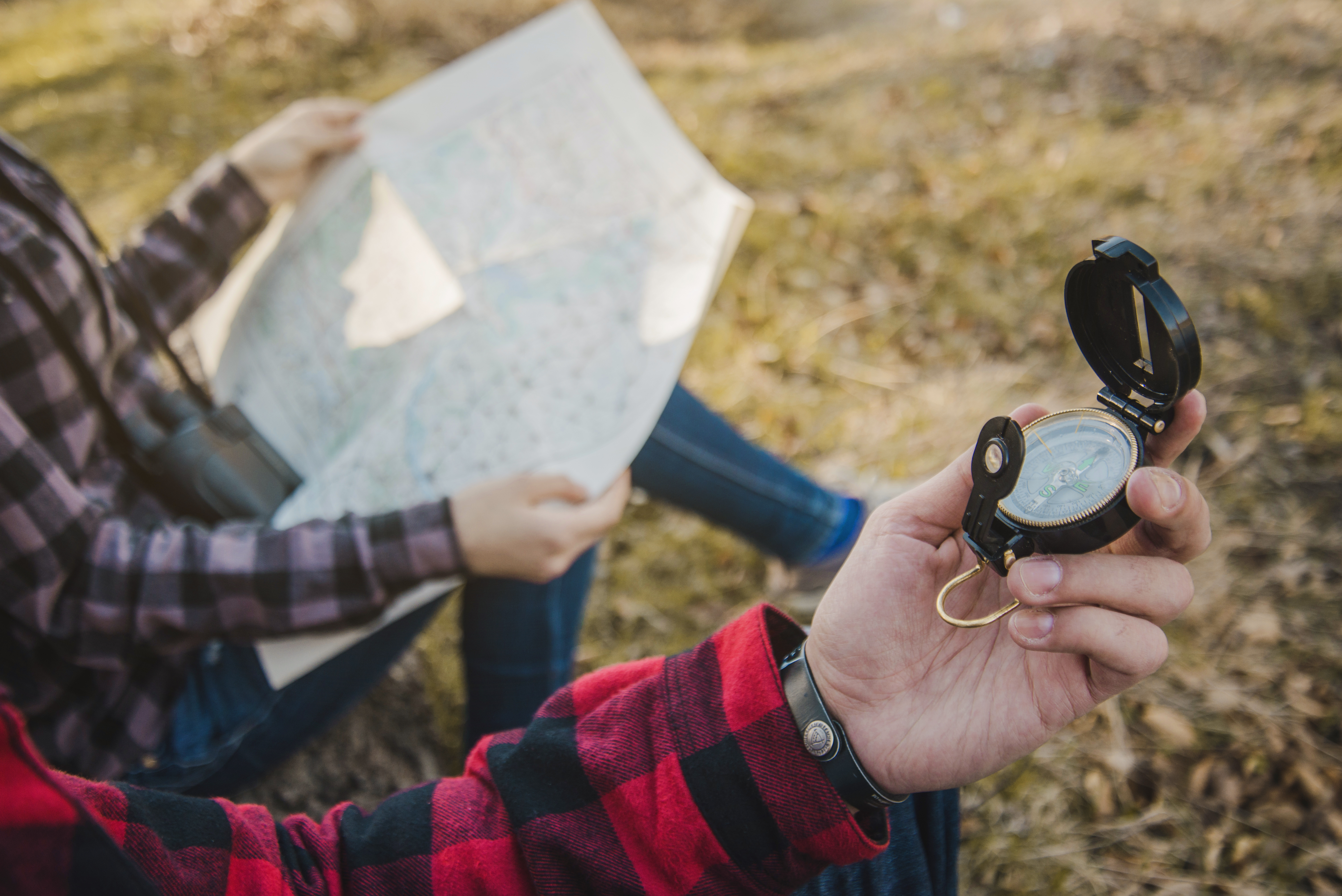Tips
Compasses: Essential Items for Tourism, Camping, and Outdoor Activities

When it comes to tourist equipment, many people first think of a tent, sleeping bag, comfortable shoes, and a backpack. But there is one small and, at first glance, simple item that can play a decisive role in a journey — the compass. In the digital age, people are used to relying on smartphones and GPS navigators, but the compass remains a universal and reliable tool that works always and everywhere. Its value is especially evident where there is no mobile connection, batteries run out, and the map on the phone stops loading. At the same time, high-quality compasses can be purchased on a website that offers a wide selection of models for tourism and outdoor activities.
History and principle of operation of the compass
The first compasses appeared in China as early as the 11th century. They quickly spread around the world and became the main assistants for sailors and explorers of new lands. The principle of operation is simple: a magnetic needle, under the influence of the Earth's magnetic field, points north. Thanks to this, a person can always determine the cardinal directions and orient themselves in the terrain. Despite its apparent simplicity, this very property made the compass an indispensable companion for all those who sought to conquer unexplored territories.
Types and features
Over time, compasses have evolved, and today several main types can be distinguished:
-
Classic magnetic — simple, reliable, and affordable, suitable for basic navigation.
-
Tourist — lightweight, compact, and convenient for hiking.
-
Liquid-filled — the needle is stabilized by liquid, which ensures high accuracy.
-
Military and professional — equipped with additional scales and divisions for precise measurements.
-
Electronic — modern models with a digital display, often built into gadgets or watches.
Each type has its own features and is used depending on the goals and level of preparation of the traveler.
Why a tourist needs a compass
Many beginners ask themselves: why take a compass if there is a navigator in the phone? The answer is simple — it is insurance. Electronics can fail, but the compass will always work. It does not depend on connection, does not require charging, and does not break down due to temperature changes. That is why experienced tourists always put it in their backpack. In forests, mountains, or steppes, where it is easy to lose orientation, having a compass increases the level of safety and confidence.
Read also: Women's Blazer: The Perfect Choice for Business Trips from Kasta.ua

Use in camping and outdoor activities
The compass is indispensable not only in hikes. It helps to properly set up camp, choose the optimal route, and is also used in active games and sports orienteering. Many tourist clubs include it in their training programs, because the ability to use a compass is a basic skill for any traveler. Even a simple walk in an unfamiliar forest can turn into a serious challenge without this small device.
How to choose the right compass
When choosing a compass, it is important to consider several characteristics. First of all, accuracy: the needle should quickly stabilize and clearly point in the right direction. Equally important is ease of use — a well-readable scale, compact size, and light weight. A tourist compass must be protected from moisture and shocks, since hiking conditions can be very different. For beginners, simple models with a minimal set of functions are suitable. For professionals and lovers of extreme travel, it is better to choose more advanced devices.
To make the choice easier, two main criteria can be highlighted:
-
Reliability — the ability of the compass to work in any conditions, regardless of weather and environment.
-
Convenience — comfort in use, including readability, weight, and shape.
Tips for proper use
Even the highest quality compass requires competent handling. It is important to keep it away from metal objects and magnets that can knock the needle off. Before going on a hike, it is worth checking how the device works. Using the compass in combination with a map gives the most accurate result. Beginners should remember: the device must be strictly horizontal, otherwise the readings will be inaccurate. Another recommendation is to practice regularly. The more often you use the compass, the more confidently you will navigate in unfamiliar terrain.
Conclusion
The compass is a small but extremely significant tool that should always be in a tourist’s arsenal. It is easy to use, does not require complex skills, but at the same time can ensure safety and peace of mind during travel. It is not just a device for determining cardinal directions, but a symbol of reliability and confidence on the way. In any situation, whether it is a mountain hike, a walk in the forest, or a multi-day camping trip, the compass remains an indispensable assistant that will never let you down.
Elena Chernenko
Elena is a recognized expert in the bus transportation industry. With a deep understanding of the industry and a wealth of experience, Elena has earned a reputation for reliability working with both large carriers and private companies. Her expertise includes route planning, safety analysis and efficiency of transportation solutions.
In her blog, Elena offers professional advice, reviews current market trends and shares her experience to help readers better understand the world of bus transportation.
Related publications
January 26, 2026
January 05, 2026




